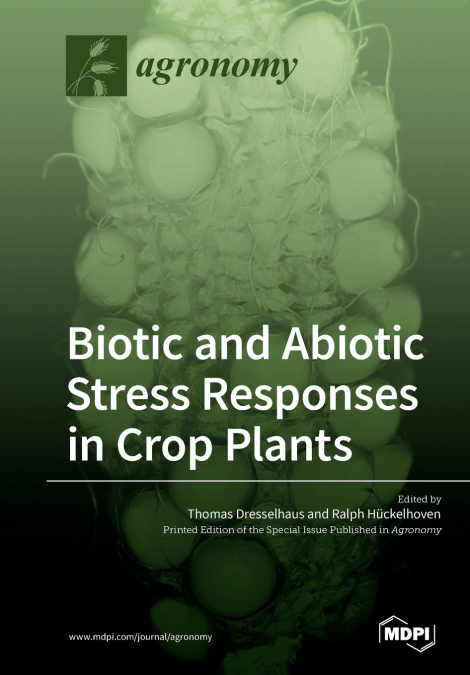
While the demand for crop products continues to increase strongly, agricultural productivity is threatened by various stress factors, often associated with global warming. To sustain and improve yield, it is necessary to understand how plants respond to various stresses, and to use the generated knowledge in modern breeding programs. Most knowledge regarding the molecular mechanisms associated with stress responses has been obtained from investigations using the model plant Arabidopsis thaliana. Stress hormones, such as abscisic acid, jasmonic acid, and salicylic acid, have been shown to play key roles in defense responses against abiotic and biotic stresses. More recently, evidence that growth-regulating plant hormones are also involved in stress responses has been accumulating. Epigenetic regulation at the DNA and histone level, and gene regulation by small non-coding RNAs appear to be important as well. Many approaches have used mutant screens and next generation sequencing approaches to identify key players and mechanisms how plants respond to their environment. However, it is often unclear to which extent the elucidated mechanisms also operate in crops. This Special Issue Book, therefore, aims to close this gap and contains a number of contributions from labs that work both, on Arabidopsis and crops. The book includes contributions reporting how crop plant species respond to various abiotic stresses, such as drought, heat, cold, flooding, and salinity, as well as biotic stimuli during microbial infections. It contains reviews, opinions, perspectives, and original articles, and its focus is on our molecular understanding of biotic and abiotic stress responses in crops, highlighting, among other aspects, the role of stress hormones, secondary metabolites, signaling mechanisms, and changes in gene expression patterns and their regulation. Approaches and ideas to achieve stress tolerance and to maintain yield stability of agricultural crops during stress periods can be found in most chapters. These include also perspectives on how knowledge from model plants can be utilized to facilitate crop-plant breeding and biotechnology.